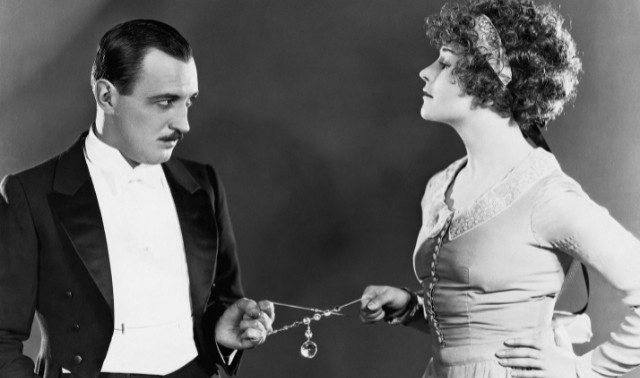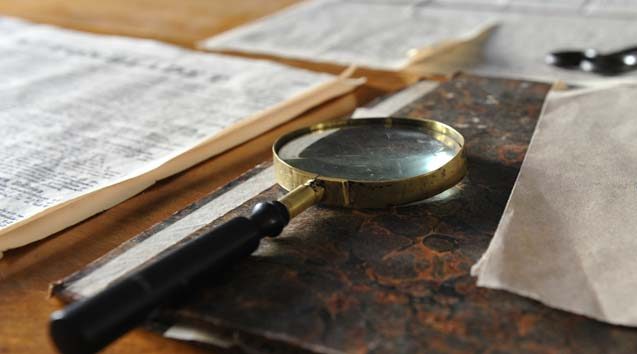Sign up for the Family Tree Newsletter! Plus, you’ll receive our 10 Essential Genealogy Research Forms PDF as a special thank you.
Get Your Free Genealogy Forms
"*" indicates required fields

Q: If someone mentioned an idea for a family history research book but hasn’t written it yet, is it considered a copyright violation if I write my own book on that subject?
A: The short answer is no, because you can’t copyright an idea—only the tangible expression of an idea. Like patents (which protect inventions), copyrights protect creativity and expression, such as written works and other formats. Neither copyrights nor patents, however, protect the initial idea.
For example, Margaret Mitchell could not have copyrighted the idea for “a coming-of-age story, set during Sherman’s March to the Sea, about the spoiled daughter of a plantation owner.” Once Mitchell began writing “Gone With the Wind”, though, her work was copyrighted—even before being published and registered.
The better question is whether it’s ethical to use another person’s idea to write your own family history book. Ethics are neither my specialty nor the focus of this column. But it seems to me that, the more vague and generic the idea, the less troubling it would be to “steal” it. A book tracing my family’s roots through slavery and back to Africa would not be terribly original. But presumably the family would have a different story than Alex Haley’s in “Roots.”
ADVERTISEMENT
On the other hand, say a friend gave you a detailed description of her revolutionary idea for breaking through brick walls (including plans to explain this system in a book). It would be pretty rotten to steal such a specific idea. Imagine if Margaret Mitchell had told the whole story to a friend who was a faster typist. If the friend beat her into print, what kind of a friend would he be?
Related Reads
A version of this article appeared in the May/June 2019 issue of Family Tree Magazine.
ADVERTISEMENT








